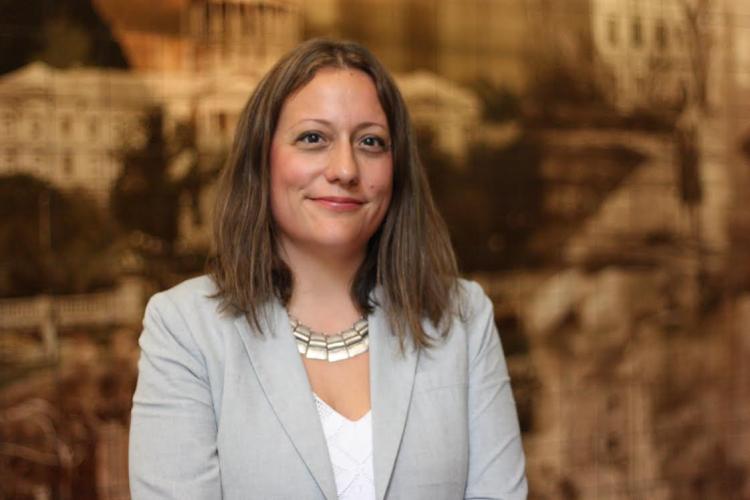Carla Fredericks

Please tell us about a piece of your scholarship or your teaching that you are passionate about and that is related to public service.
I feel very fortunate to teach the American Indian Law Clinic because it serves the public interest in two significant ways. First, it provides needed legal services to individuals and tribes that otherwise could not afford them. Tribes, in particular, though able to have lawyers retained privately, are faced with many legal concerns and have to make difficult choices about what legal services they can pay for and what legal services, though important, can't be prioritized. That is where we come in- to provide support on the projects that help the Tribes further develop their institutions in a variety of sectors- commercial, cultural, and political. Second, in my view, it's an incredible public service to groom and train the next generation of lawyers who work for Indian rights.
In addition to practicing law and teaching in the clinic, I am also passionate about helping find a way forward for Indian Country on issues that have been problematic for years. My current work examines the federal trust responsibility and tribal self-determination in the mineral development context, which is of critical importance to Tribes today. I am mindful in my scholarship of a central tenet: it's not helpful to simply identify issues. You have to propose solutions.
How are students involved in your public service work?
The students in the AILC serve both Tribal governments and individual American Indians. They also work to educate tribal communities on the law. It's three-fold public service in that regard.
What motivated you to become involved in public service work?
I always wanted to change the world through law, because I knew growing up how unfair the system can be. I grew up knowing my father's childhood home in Elbowwoods, North Dakota, on the Fort Berthold Indian Reservation, had been flooded by the US Government as a part of the Pick-Sloan project. Ironically, my father was abroad when it all happened, serving the United States as a pilot in the Berlin Air Lift. Our entire tribe was moved to less fertile, arid land many miles to the Northeast-- even after we "converted" into farmers per the US government directive. My father used to take us to the created reservoir as children; he would always point to the lake to show us where he grew up. Even as a kid, I knew this was a horrible injustice. I went to law school motivated to change things.
Did you have any experiences in law school that influenced your interest in public service?
I sought out classes that would prepare me for impact-litigation type of work. Civil Rights with Jack Greenberg, Indian Law with Jace Weaver; the Prisoners and Families Clinic with Philip Genty. My clinic was by far the most impactful. We represented an inmate on a post-conviction appeal and actually got her out on a parole board appeal the day after graduation. Even better, we also taught "know your rights" classes at Sing Sing. I was also one of the first interns at the Innocence Project in New York, working with Barry Scheck and Peter Neufeld. One of my clients, Neil Miller, was exonerated after serving 21 years in prison for a crime he did not commit.
What advice do you have for our students who are interested in public service?
Don't give up or lose your motivation. Yes, the law is not always right or fair but you have the ability to change it.


